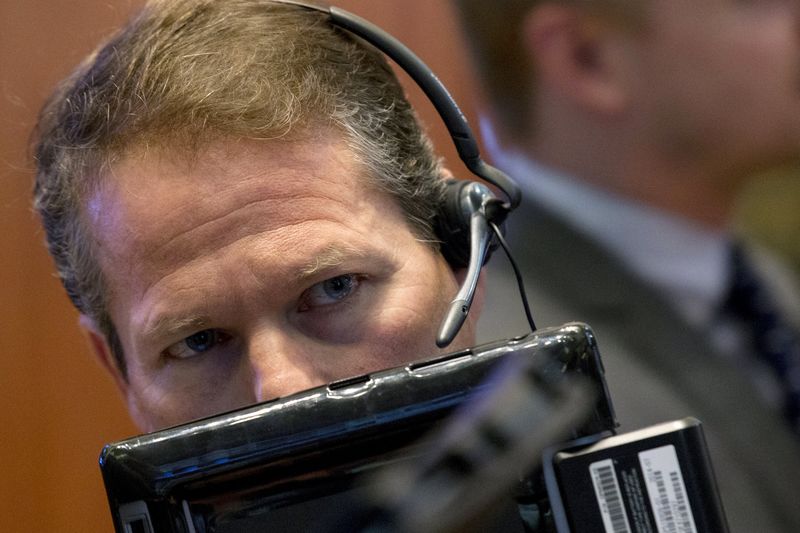Warren Buffet is, without a doubt, the most popular investor in the world. His stellar rise to the top of the global rich list through savvy investments is an inspiring story for any of us. Indeed, Buffett’s simple model has inspired countless others to try the same strategy for wealth creation.
Canada’s Prem Watsa, India’s Radhakishan Damani and Spain’s Francisco García Paramés come to mind. Until recently, fund manager Neil Woodford was considered Buffett’s British counterpart. However, after a disastrous run over the past few years, Woodford had to stop withdrawals from his flagship investment fund down, leaving his reputation permanently damaged.
Woodford’s misfortune has left a gap for British investors seeking inspiration and a few stock tips. So I set out to find the country’s next big investment legend.
The criteria Warren Buffett presents a straightforward framework for wealth creation — buy a bunch of diverse companies below their intrinsic value and hold them for extended periods of time, preferably forever. Buffett, of course, used the float from his insurance business to fund these investments, so a little bit of leverage was involved.
Since he took over his investment vehicle in 1964, Buffett has managed to expand the company’s book value at an annualised rate of 18.7%, while the S&P 500 has compounded at a mere 9.7% over that same period.
With that in mind, it’s clear that the British Buffett is probably a professional stock picker or a business leader in charge of capital allocation at a well-diversified conglomerate that has grown faster than the FTSE 100 over several decades.
Britain’s wealthiest entrepreneurs Britain’s two richest families, the Hindujas and the Reuben brothers, both fit the bill. The Hinduja Group is a massive global conglomerate that is involved in several different industries, including motor vehicles, banking, call centres and healthcare.
Meanwhile, the Reuben brothers are bona fide investors who’ve managed to compound their wealth from $3.2bn in 2003 to £18.9bn in 2019, an annualised growth rate of 11.7%. The FTSE 100, meanwhile, has merely doubled over that period, implying a compound growth rate of 4.4%.
However, the Hinduja Group isn’t a listed entity while many of its subsidiaries are listed in Mumbai. The Reubens have focused on private real estate deals and venture capital investments that are beyond the reach of retail investors such as myself. Whereas most of Buffett’s investments are public and his holding company is listed in New York.
That brings me to the thriving wealth management scene and the fund managers that have earned a reputation for investing other people’s money wisely.
Fund managers One of the top performing equity funds in the country is Lindsell Train Global Equity. Managed by an investment team that includes Nick Train, Michael Lindsell and James Bullock, the fund has outperformed its benchmark MSCI World Index (developed markets) by several basis points.
Since its inception in 2011, the fund has returned 20.6% on an annualised basis. The MSCI benchmark has delivered an annual rate of 13% over that same period.
Their top holdings are some of my favourite stocks. I recently called Unilever (LON:ULVR) the most dependable FTSE 100 stock and have said that Diageo (LON:DGE)’s resilience surpasses gold. Some 16% of the Lindsell Train portfolio is invested in those two stocks.
So it seems I found what I was looking for. Britain’s answer to Warren Buffett is… a team of London-based portfolio managers.
VisheshR has no position in any of the shares mentioned. The Motley Fool UK owns shares of and has recommended Unilever. The Motley Fool UK has recommended Diageo and Diageo. Views expressed on the companies mentioned in this article are those of the writer and therefore may differ from the official recommendations we make in our subscription services such as Share Advisor, Hidden Winners and Pro. Here at The Motley Fool we believe that considering a diverse range of insights makes us better investors.
Motley Fool UK 2019
